
Panasonic Corporation announced that it has developed a technology for the mass production of far-infrared aspherical lenses suitable for improving the performance of cameras and sensors. These lenses are made of chalcogenide glass having excellent transmission characteristics in the far-infrared. In addition to realizing low-cost (approx. half compared to the company’s conventional method) by newly developed glass molding method and mold processing technology, Panasonic is now able to offer a variety of lenses such as diffractive lens, the world's first* highly hermetic frame-integrated lens without using adhesive (leak detection accuracy of less than 1x10-9 Pa・m3/sec in helium leak test). The company is now accepting prototype orders. By realizing mass production of low-cost and high-quality far-infrared aspherical lenses, the company will contribute to the spread and higher performance of far-infrared sensor modules.
In recent years, amid increasing awareness of environmental protection, far-infrared sensors are playing an important role in energy management by heat detection or heat monitoring. In the automotive field, the increasing demand for autonomous driving technology has led to the spread of such sensors for their ability to detect distant people and animals at night, when ordinary visible light cameras cannot. Under these circumstances, far-infrared sensors are becoming more pixel-rich and lower price and the lenses used for theses sensors are also required to have higher added value.
On the other hand, low-cost silicon that has been commonly used as the lens material for far-infrared sensors are not suitable for high pixel counts due to its low transmittance, so germanium spherical lenses having high transmittance are widely used as the number of pixels increases. However, as the pixel count increases further, the effect of aberration caused by a spherical lens becomes more pronounced. To reduce this effect, combination of many spherical lenses and an aspherical lens will be required, which leads to increase in cost and size.
To resolve this problem, Panasonic has developed a new technology for the low-cost production of high-performance aspherical lenses suitable for far-infrared optical systems, based on the glass molding technology the company cultivated through the production of visible light aspherical lenses for cameras.
By utilizing this technology, Panasonic will contribute to the enhancement of far-infrared module performance through prototyping and mass production of the lenses that meet the requirements of customers who manufacture and sell various far-infrared sensors and cameras.
<Main features>
1. Available to provide chalcogenide lenses in a wide range of sizes from φ3 mm to φ40 mm at low price (aspherical lens, diffractive lens).
2. Manufacture of frame-integrated lenses without the risk of gas contamination due to the non-use of adhesive, which protects the edge of the lens and improves the accuracy of installation on the lens barrel.
3. Manufacture of highly hermetic barrel type frame-integrated lenses that contribute to be high hermeticity inside the lens barrel required to enhance the performance of sensors.

< Details of the Technologies >
(1) Pre-processing technology for glass molding without grinding and polishing processes to achieve low-cost.
(2) Mold for exclusive use of chalcogenide glass
(3) Insert molding technology for frame-integrated lenses





.png)


.jpg)

.webp)
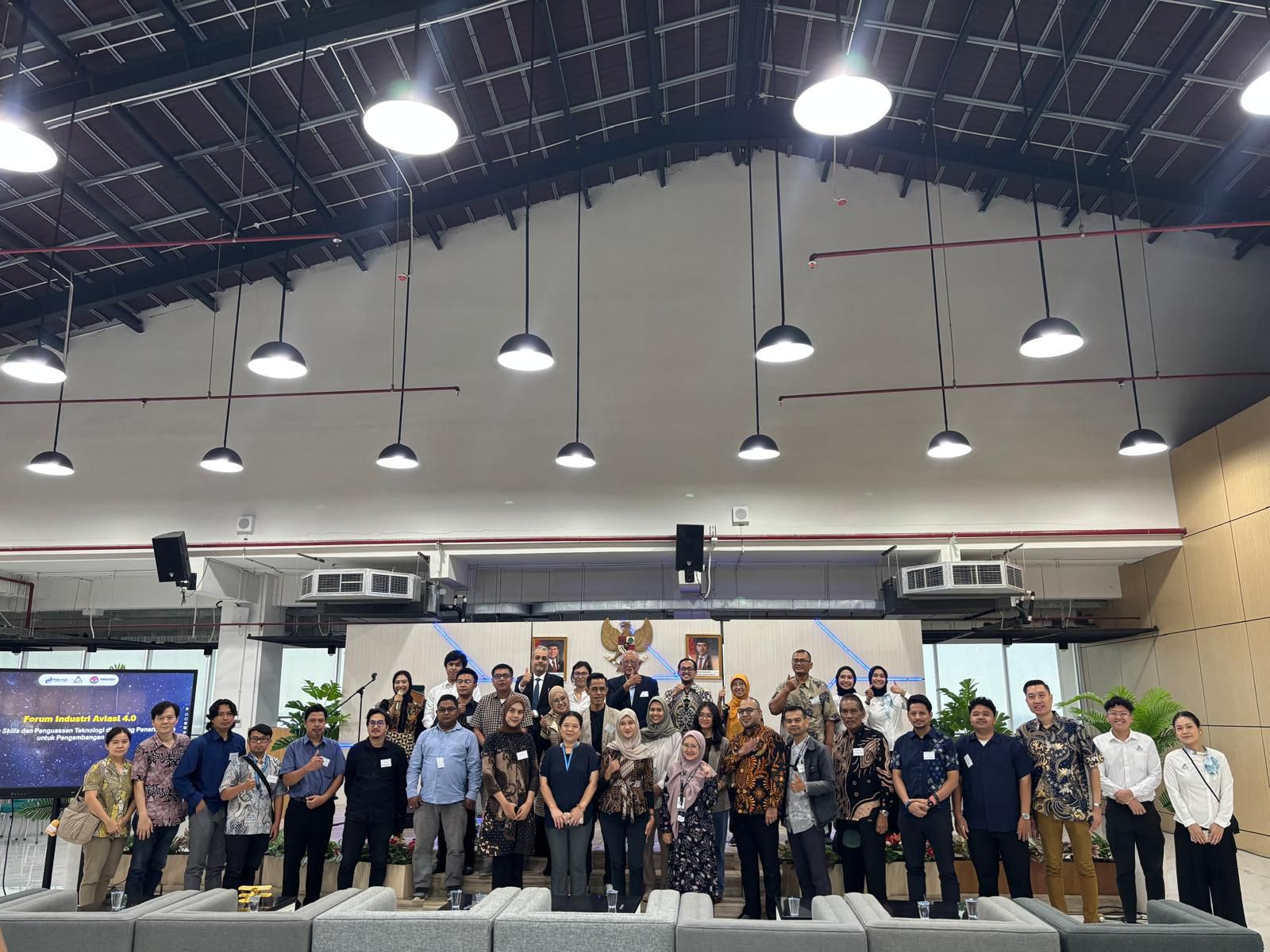



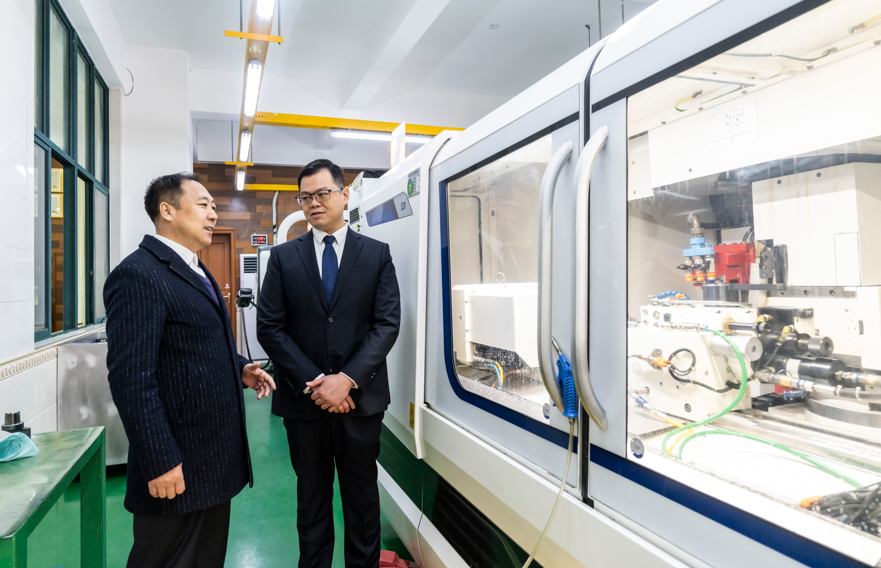

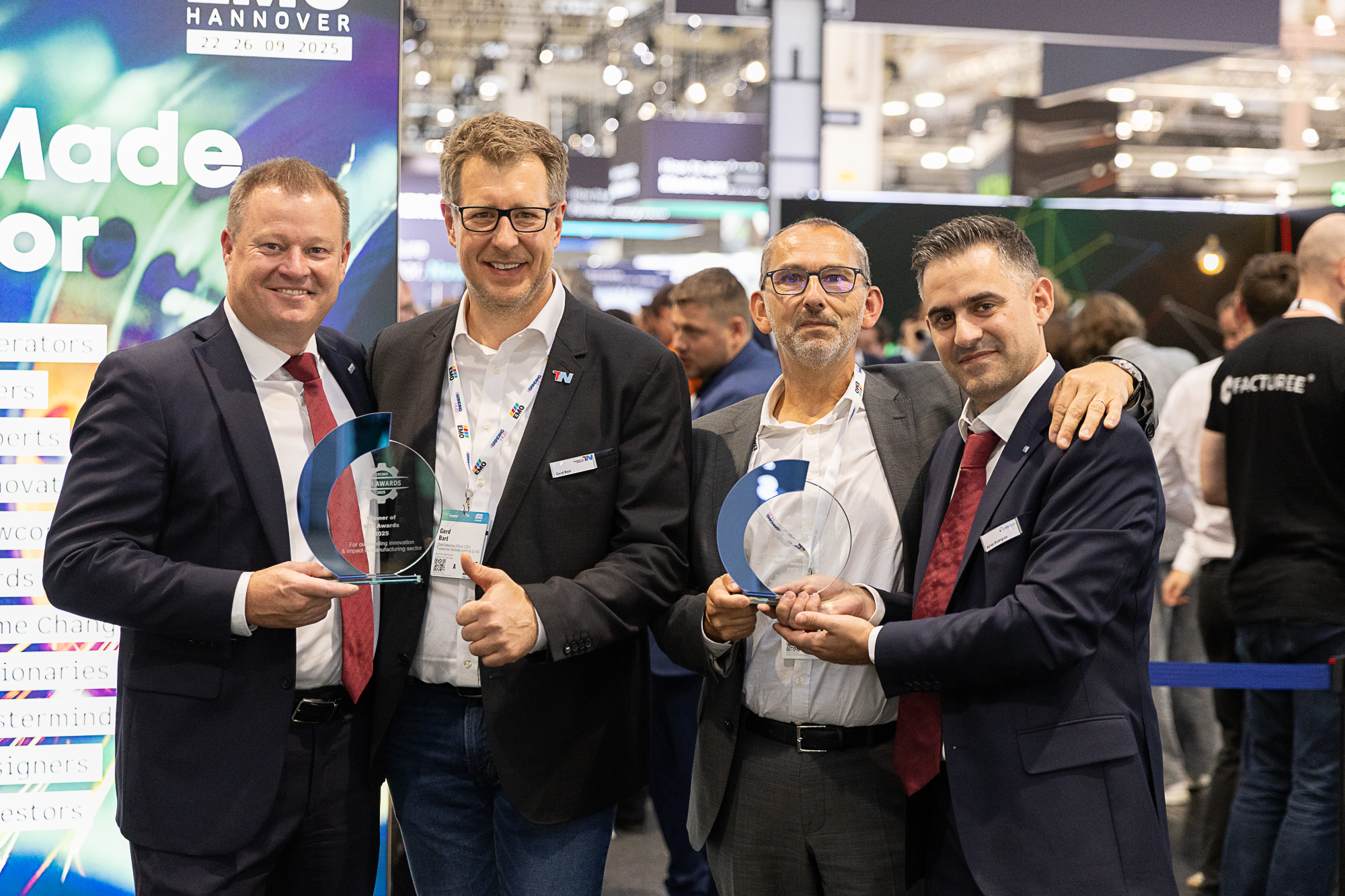






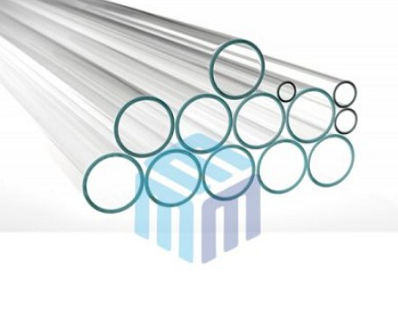




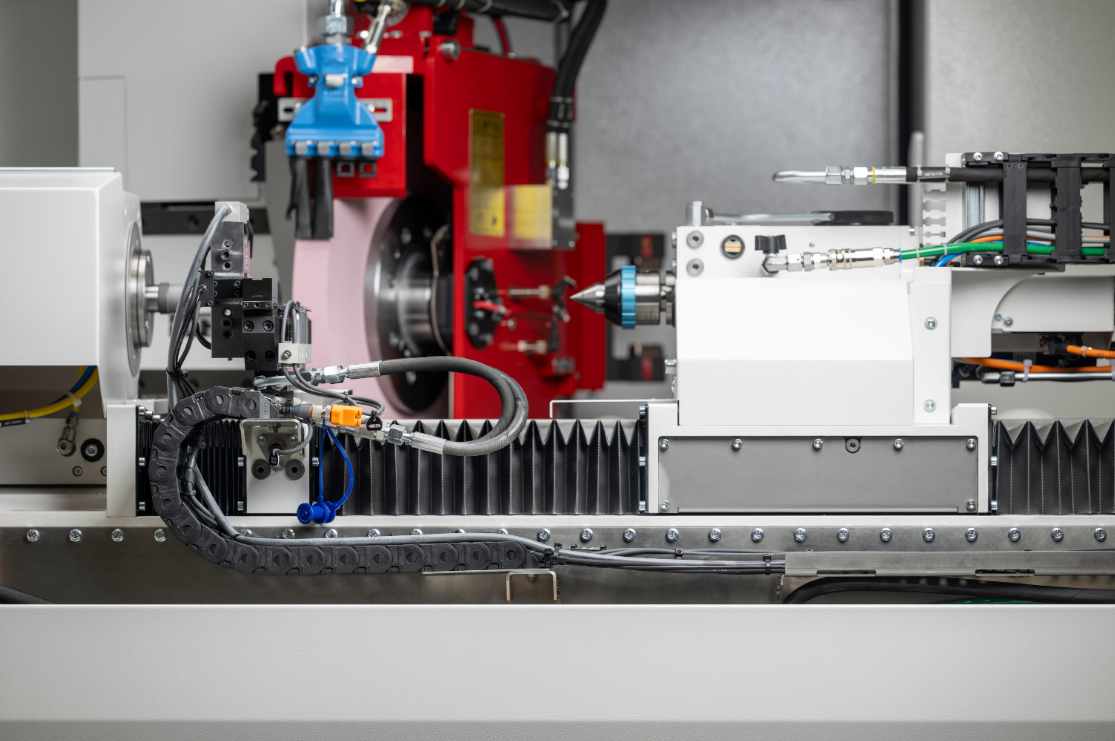


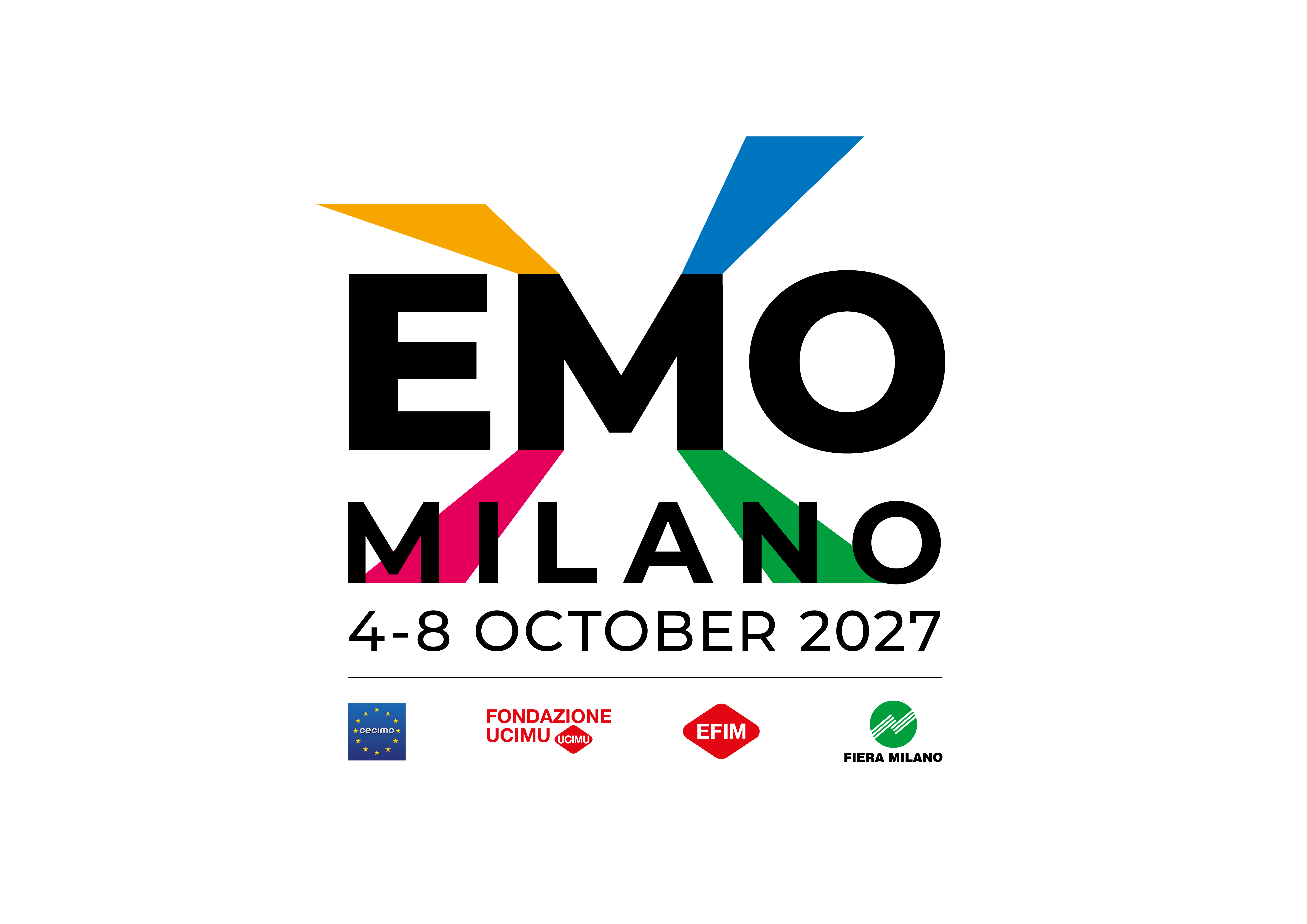



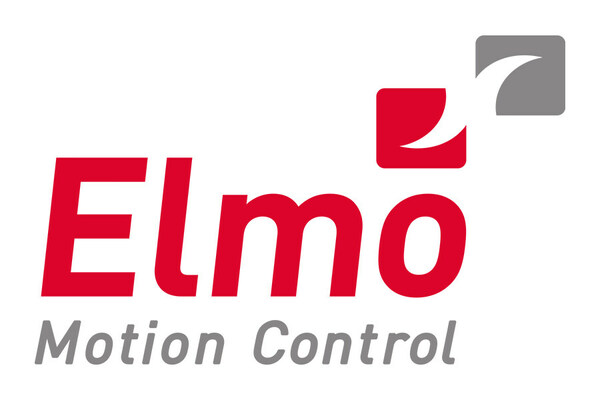




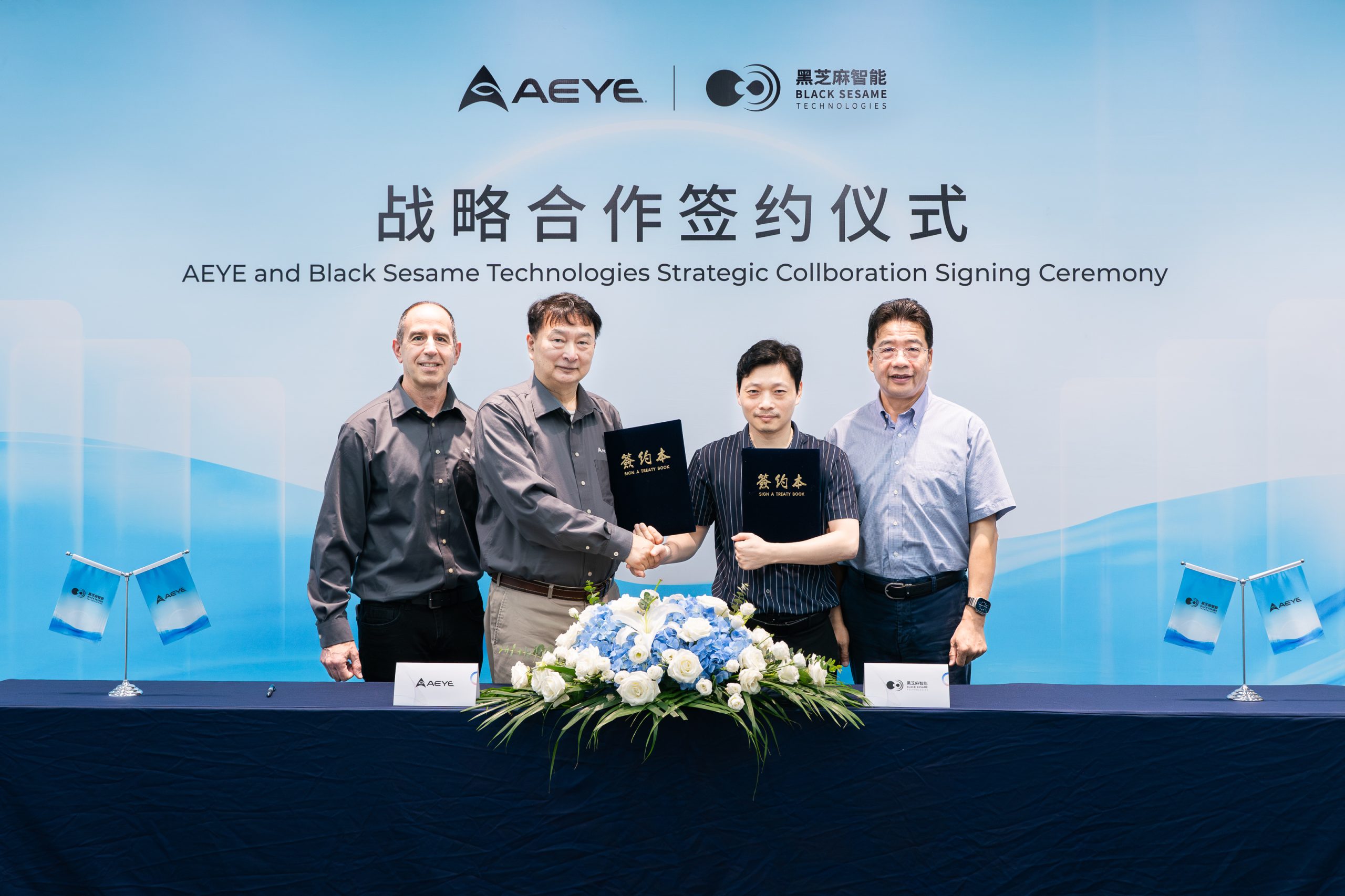


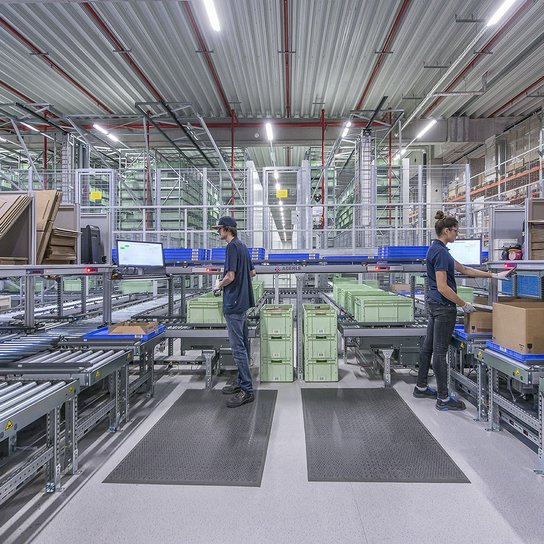
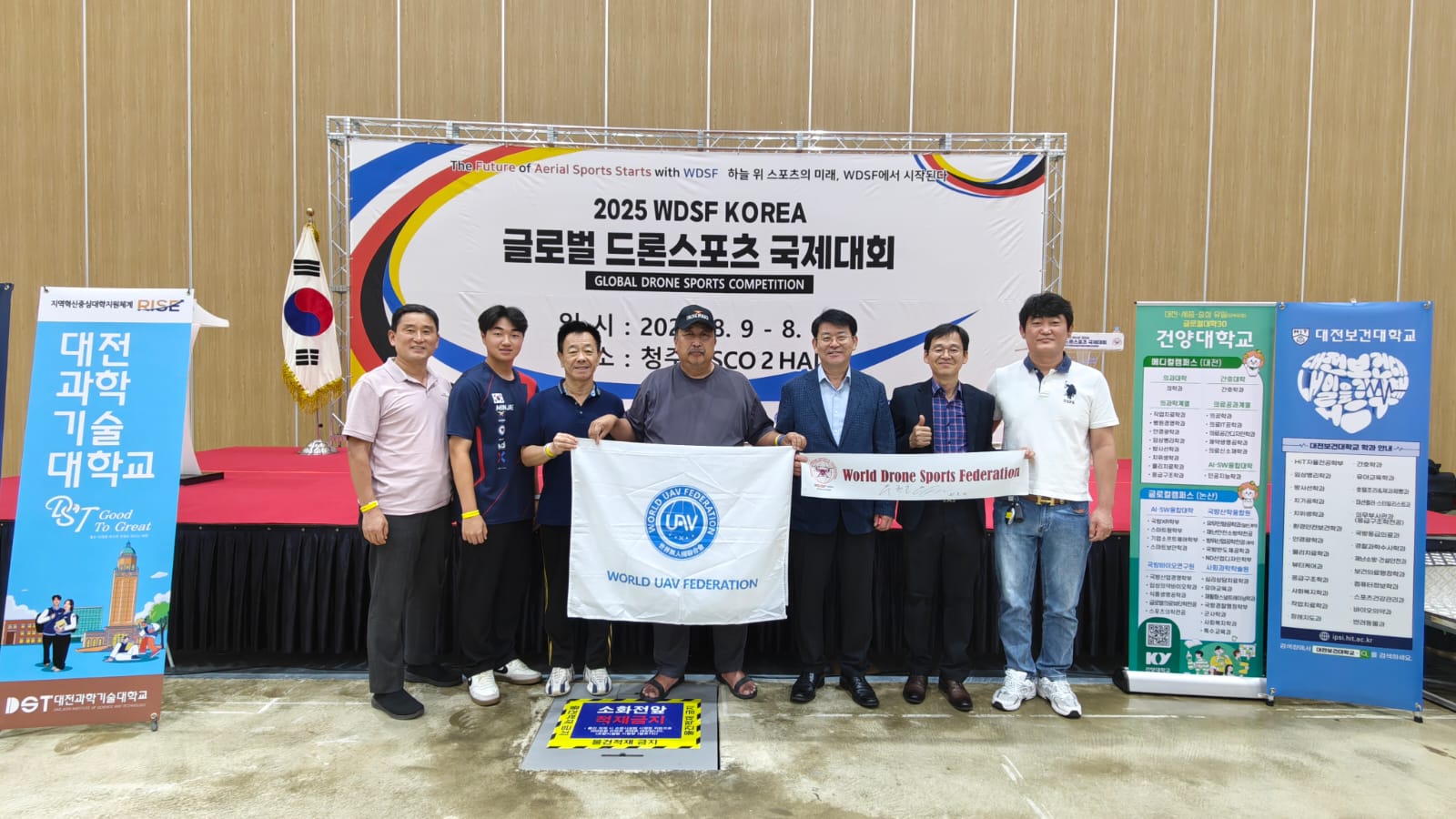



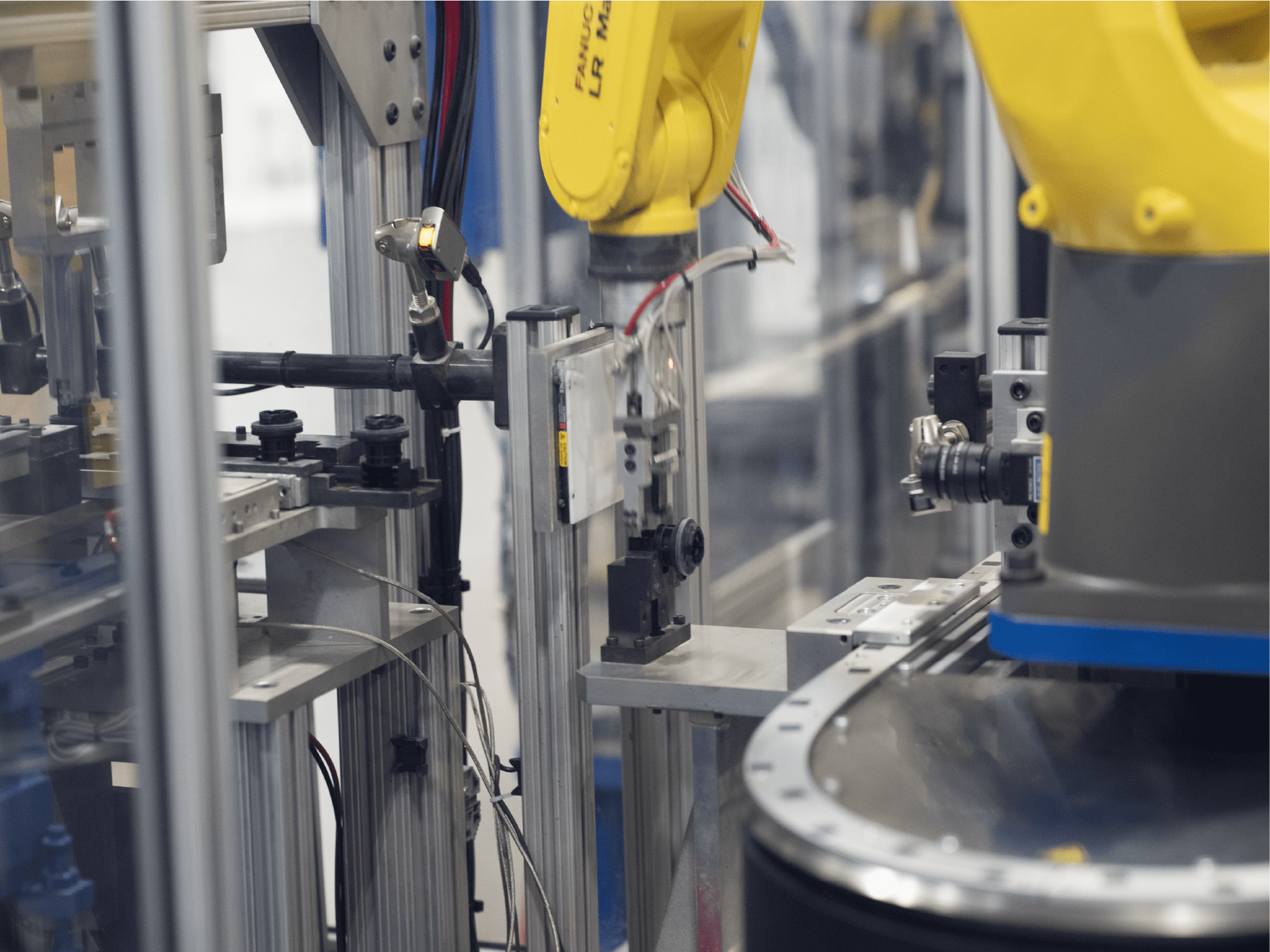
.webp)


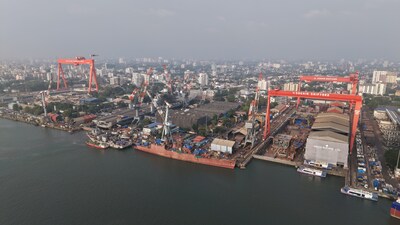



























.png)





.png)















